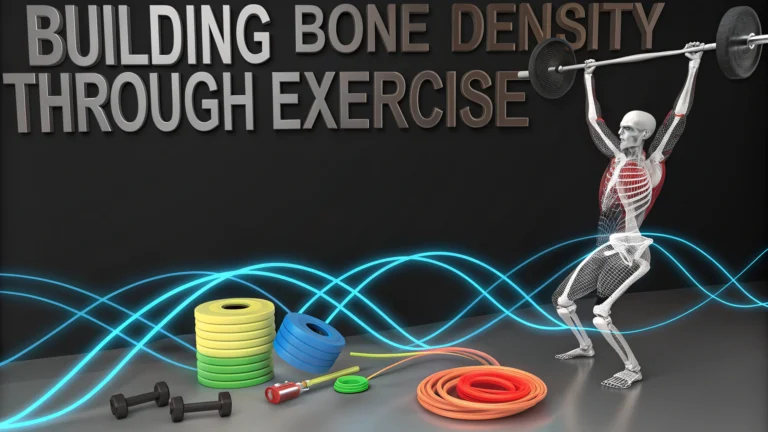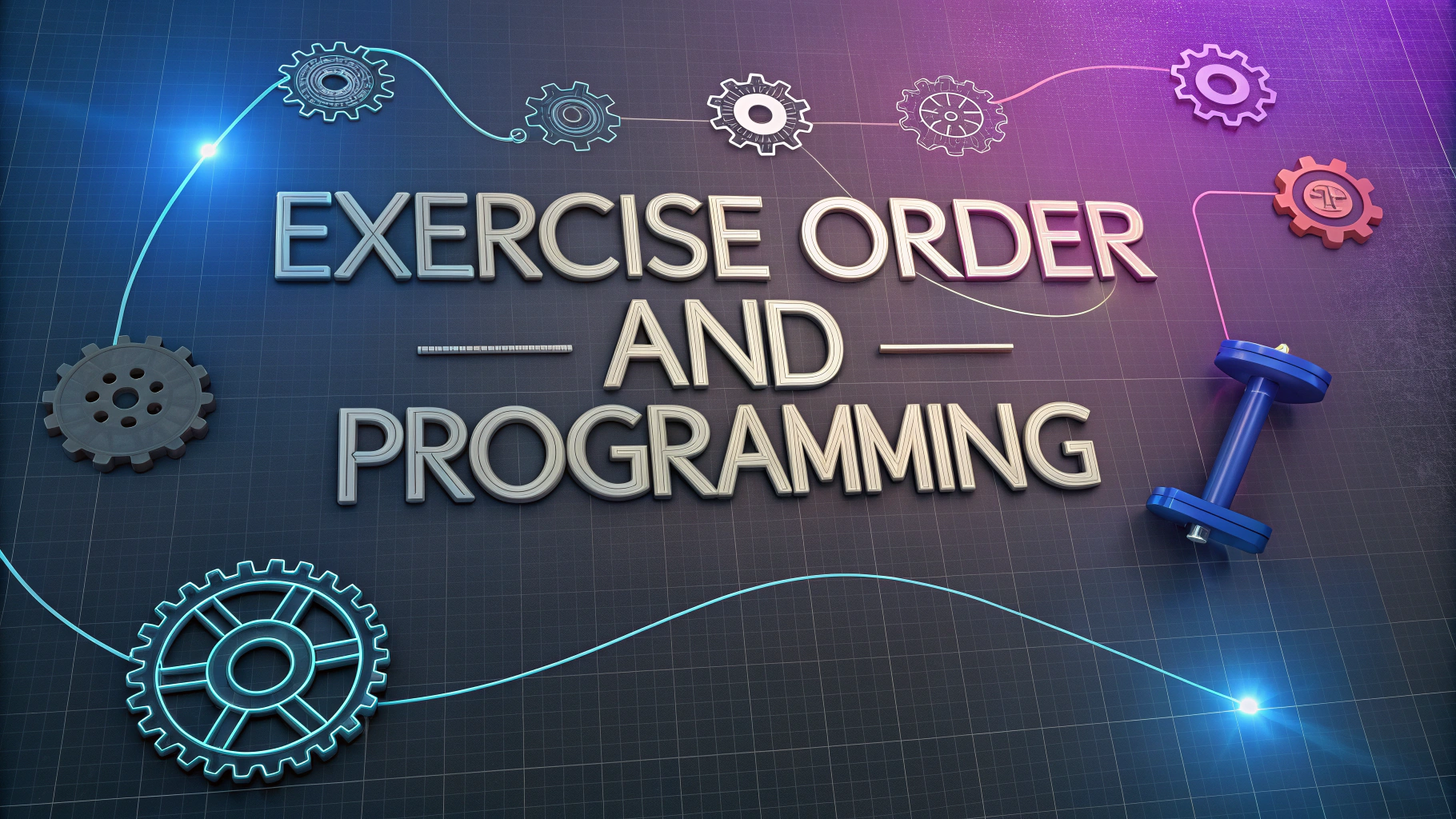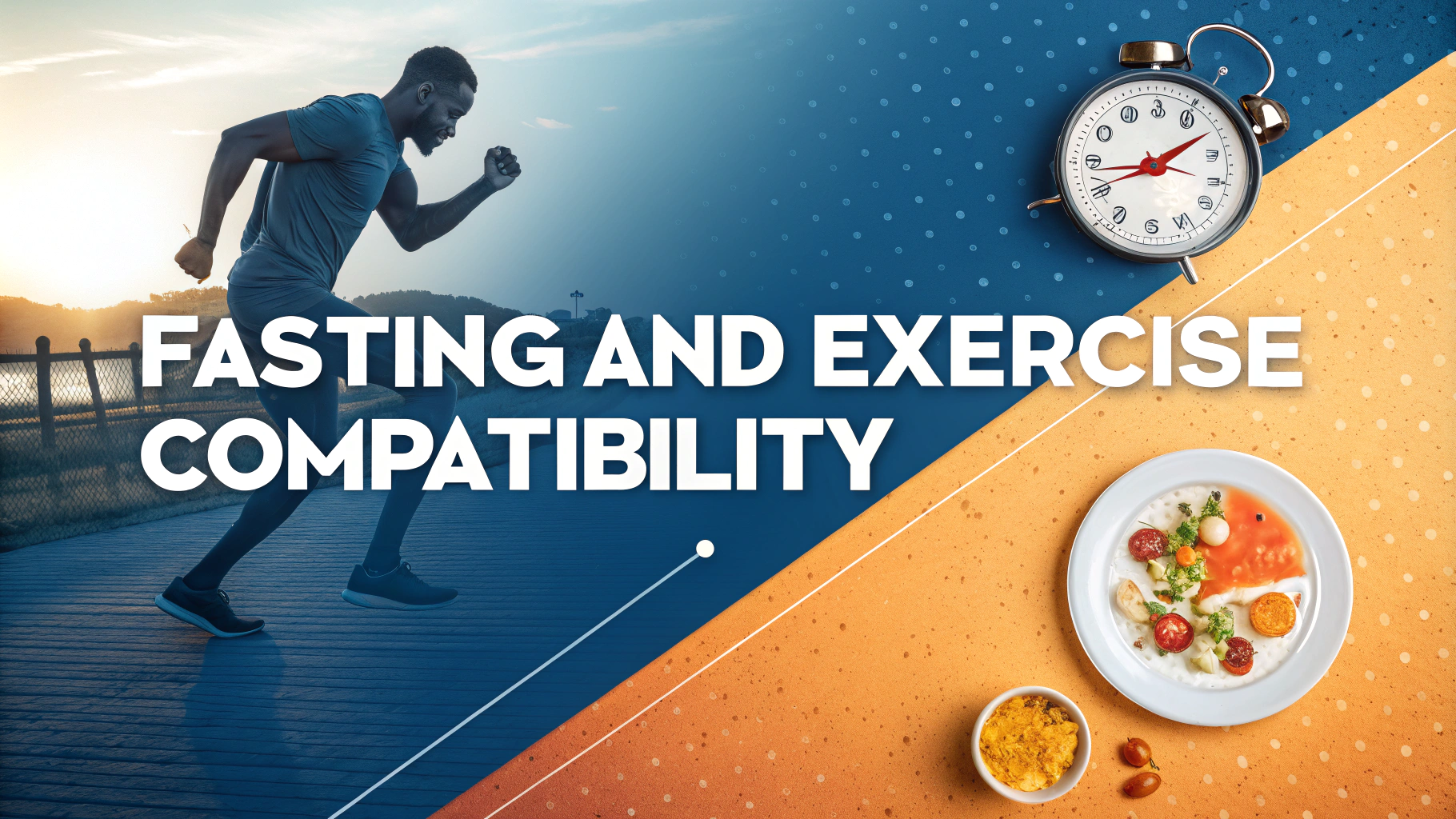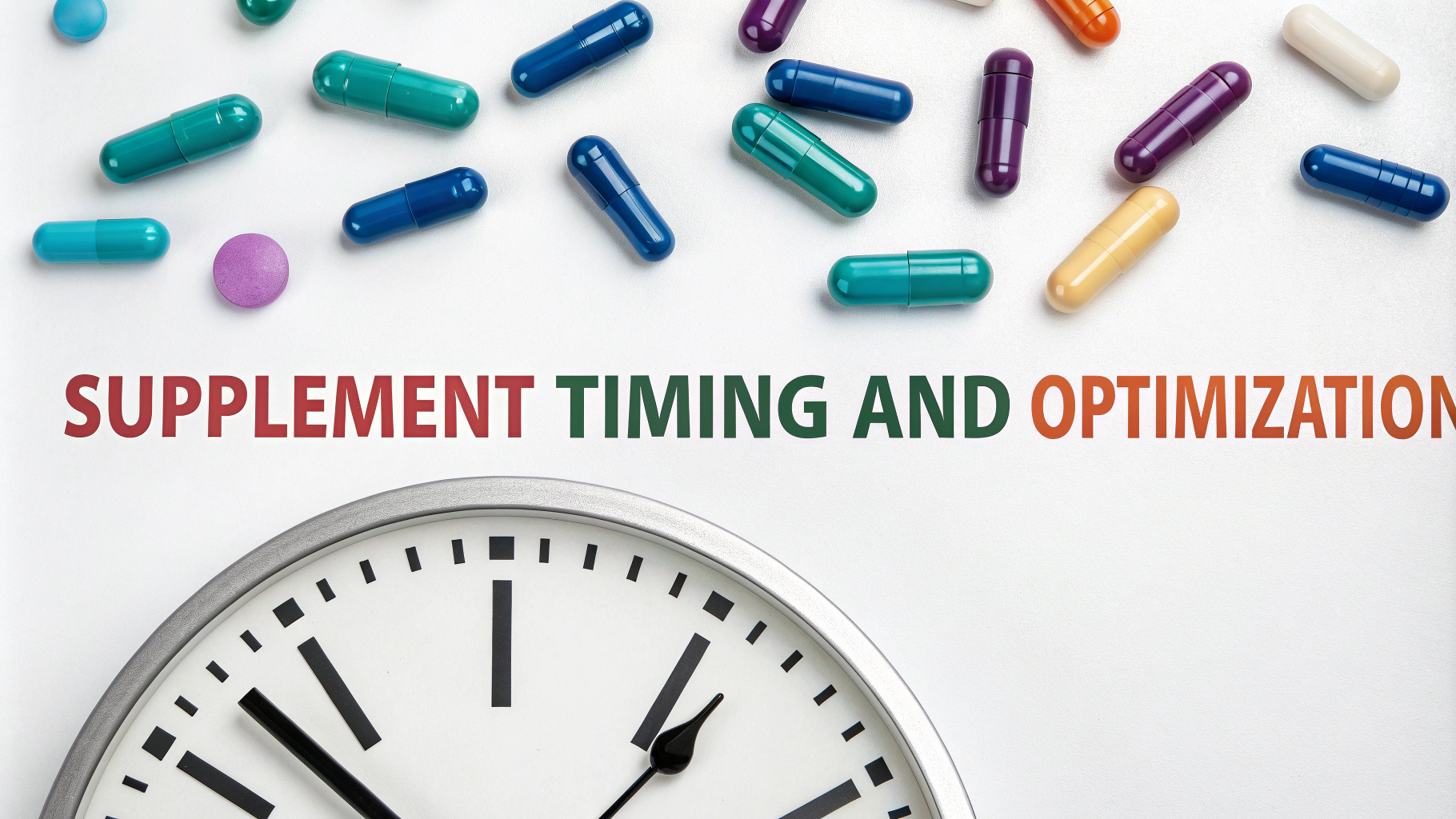Building strong bones requires more than just consuming calcium-rich foods – regular weight-bearing exercise plays a key role in maintaining and improving bone density.
Quick Exercise Guide for Better Bone Health
Weight-bearing exercises force your body to work against gravity, stimulating bone cells to create new bone tissue.
Recommended Exercises
- Walking or jogging
- Stair climbing
- Tennis or pickleball
- Weight training with dumbbells
- Body weight exercises like push-ups and squats
- Dancing
Sample Weekly Exercise Plan
| Day | Activity | Duration |
|---|---|---|
| Monday | Weight Training | 30 minutes |
| Wednesday | Brisk Walking | 45 minutes |
| Friday | Body Weight Exercises | 30 minutes |
Safety Tips
- Start slowly and gradually increase intensity
- Warm up for 5-10 minutes before exercising
- Wear proper footwear with good support
- Stay hydrated during workouts
- Stop if you experience pain
Risk Groups Who Should Consult a Doctor First
- People with osteoporosis
- Those with recent bone fractures
- Individuals with balance problems
- People with heart conditions
For personalized advice, contact the National Osteoporosis Foundation at 1-800-231-4222 or visit www.nof.org.
Supporting Habits for Better Results
- Get adequate calcium (1000-1200mg daily for adults)
- Ensure sufficient vitamin D intake
- Limit alcohol consumption
- Quit smoking
- Maintain a healthy weight
Track your progress with regular bone density scans as recommended by your healthcare provider.
Remember that consistency matters more than intensity when building bone density through exercise.
Additional Exercise Benefits
Beyond bone health, weight-bearing exercises provide multiple benefits including improved balance, stronger muscles, and better coordination – all crucial for preventing falls and fractures.
Long-term Benefits
- Reduced risk of osteoporosis
- Better posture and balance
- Increased muscle strength
- Enhanced joint flexibility
- Improved cardiovascular health
Measuring Progress
- Keep an exercise journal
- Monitor changes in strength and endurance
- Track bone density scan results
- Note improvements in balance and coordination
Conclusion
Regular weight-bearing exercise, combined with proper nutrition and healthy lifestyle choices, forms the foundation of strong bone health. Starting slowly, maintaining consistency, and gradually increasing intensity will help build and maintain bone density throughout life.
Remember to consult healthcare providers before starting any new exercise program, especially if you belong to a risk group. With proper guidance and dedication, you can significantly impact your bone health through exercise.
FAQs
- What types of exercises are most effective for building bone density?
Weight-bearing exercises like weightlifting, resistance training, walking, jogging, stair climbing, and high-impact activities are most effective for building bone density. - How often should I exercise to improve bone density?
Aim for strength training 2-3 times per week with rest days in between, and weight-bearing activities 3-5 times per week for optimal bone health. - At what age is it most important to focus on bone density exercises?
Peak bone mass is typically achieved in your early 20s, but building and maintaining bone density is crucial throughout life, especially for women approaching menopause. - What nutrients are essential for bone density besides calcium?
Vitamin D, magnesium, vitamin K, and protein are essential nutrients that work alongside calcium to support bone health and density. - Can you rebuild bone density once it’s lost?
While you cannot completely rebuild lost bone, you can slow bone loss and maintain existing density through proper exercise and nutrition. Some studies show modest improvements in density with consistent exercise. - How long does it take to see improvements in bone density through exercise?
Measurable improvements in bone density typically take 6-12 months of consistent exercise, though benefits to muscle strength and balance are noticed sooner. - Are high-impact exercises safe for someone with osteoporosis?
People with osteoporosis should avoid high-impact exercises and instead focus on low-impact activities and strength training under professional guidance to prevent fractures. - What role does protein intake play in bone density?
Adequate protein intake (0.8-1.0g per kg of body weight) is crucial for bone health as it helps calcium absorption and supports the protein matrix of bones. - Can swimming help improve bone density?
While swimming is excellent for overall fitness, it’s not effective for building bone density because it’s non-weight-bearing. It should be combined with weight-bearing exercises. - How does stress affect bone density?
Chronic stress can negatively impact bone density by increasing cortisol levels, which can interfere with calcium absorption and bone formation processes.







